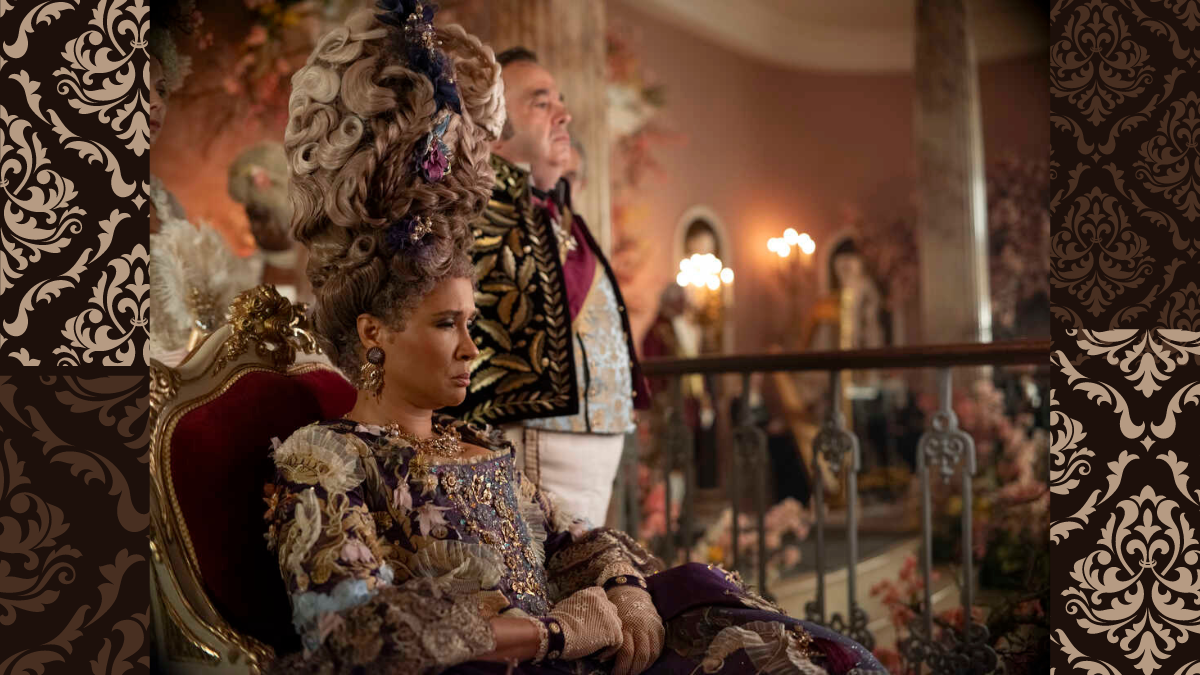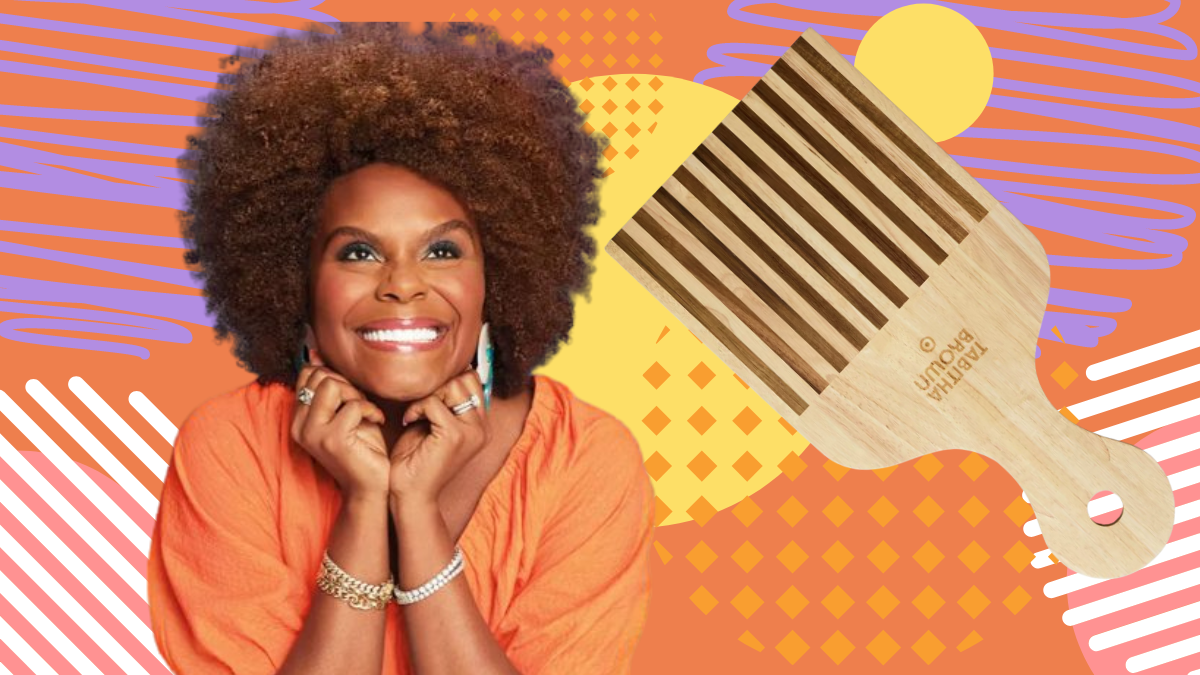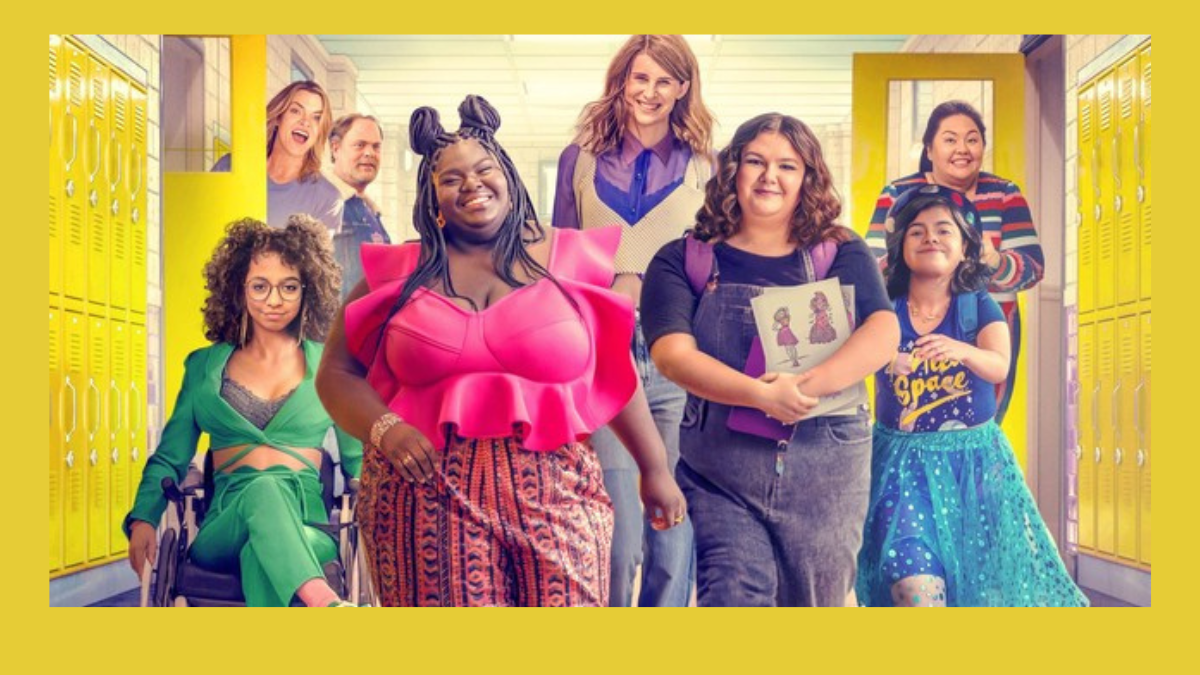That’s the problem with calling someone out for the “privilege” which you assume has defined their narrative. You don’t know what their struggles have been, what they may have gone through to be where they are. Assuming they’ve benefitted from “power systems” or other conspiratorial imaginary institutions denies them credit for all they’ve done, things of which you may not even conceive. You don’t know whose father died defending your freedom. You don’t know whose mother escaped oppression. You don’t know who conquered their demons, or may still conquering them now.
A young man from New Rochelle, NY wrote a piece for Time.com declaring his stand on why he shouldn’t apologize for his white male priviledge. His condescending tone and inability to grasp what white privilege is just further proves that there are a lot of white people that don’t understand what racism really is. In the past few months we’ve witness white male privilege and racism interchangeably in the media. It’s apparent that some whites don’t understand the different impacts that privilege has and that’s understandable because it’s apart of their identity and that’s ok. Fortgang even down plays the sexiest and racism agenda that has plague our country since the beginning. He arrogantly states ” Furthermore, I condemn them for casting the equal protection clause, indeed the very idea of a meritocracy, as a myth, and for declaring that we are all governed by invisible forces (some would call them “stigmas” or “societal norms”), that our nation runs on racist and sexist conspiracies. Forget “you didn’t build that;” check your privilege and realize that nothing you have accomplished is real.”
Fortgang clearly a young man that has never been a victim of street harassment, driving while black, or seen as suspect can’t understand why women and minorities are challenging white privilege. As a matter of fact, I bet Fortgang talks about this to his family and friends and I’m almost willing to bet this young man regurgitated his proudly ignorant thoughts from word of mouth through his conditioning and environment.
Fortgang brings up how his family were immigrants and how they had it hard when they first came to this country but Fortgang never considered the individuals that did not come here for a better life but were brought here by force or natives that were here and were annihilated by settlers. Fortgang believes that white privilege is just an excuse that non whites and women have conjured up in the sake of calling it injustice. The issue with white male privilege is that when you tell a white male of his privilege he gets defensive and feels under attack instead of listening to what the person is trying to explain. Fortgang was so condescending in his essay it’s almost possible to believe he was intentionally being obnoxious.
The problem with white privilege is that it has created a tunnel vision for white men. It is almost impossible for some straight white males to conceptualize what it’s like to be a woman or minority in this country because they have always lived in the white box and it’s not their fault. In fact no one is blaming them for their privilege, but we do ask you to recognize it.
What struck me as odd as when Fortgang states he’s often “check” for his white male privilege – this just let’s me know he’s an asshole. This leads me to believe that he speaks his opinions ( which are rightfully his and he’s entitled to that) to minorities and other women and he’s being close minded about it. I hope this Princeton student that wants to major in politics or history will be prepared to learn about imperialism, economics and the history of the country regarding women and minorities.
Below is an excerpt from Peggy McIntosh, author of White Privilege: Unpacking the Invisible Knapsack
Through work to bring materials from women’s studies into the rest of the curriculum, I have often noticed men’s unwillingness to grant that they are overprivileged, even though they may grant that women are disadvantaged. They may say they will work to women’s statues, in the society, the university, or the curriculum, but they can’t or won’t support the idea of lessening men’s. Denials that amount to taboos surround the subject of advantages that men gain from women’s disadvantages. These denials protect male privilege from being fully acknowledged, lessened, or ended.
Thinking through unacknowledged male privilege as a phenomenon, I realized that, since hierarchies in our society are interlocking, there was most likely a phenomenon of while privilege that was similarly denied and protected. As a white person, I realized I had been taught about racism as something that puts others at a disadvantage, but had been taught not to see one of its corollary aspects, white privilege, which puts me at an advantage.
I think whites are carefully taught not to recognize white privilege, as males are taught not to recognize male privilege. So I have begun in an untutored way to ask what it is like to have white privilege. I have come to see white privilege as an invisible package of unearned assets that I can count on cashing in each day, but about which I was “meant” to remain oblivious. White privilege is like an invisible weightless knapsack of special provisions, maps, passports, codebooks, visas, clothes, tools , and blank checks.
Describing white privilege makes one newly accountable. As we in women’s studies work to reveal male privilege and ask men to give up some of their power, so one who writes about having white privilege must ask, “having described it, what will I do to lessen or end it?”
After I realized the extent to which men work from a base of unacknowledged privilege, I understood that much of their oppressiveness was unconscious. Then I remembered the frequent charges from women of color that white women whom they encounter are oppressive. I began to understand why we are just seen as oppressive, even when we don’t see ourselves that way. I began to count the ways in which I enjoy unearned skin privilege and have been conditioned into oblivion about its existence.
My schooling gave me no training in seeing myself as an oppressor, as an unfairly advantaged person, or as a participant in a damaged culture. I was taught to see myself as an individual whose moral state depended on her individual moral will. My schooling followed the pattern my colleague Elizabeth Minnich has pointed out: whites are taught to think of their lives as morally neutral, normative, and average, and also ideal, so that when we work to benefit others, this is seen as work that will allow “them” to be more like “us.”
Daily effects of white privilege
I decided to try to work on myself at least by identifying some of the daily effects of white privilege in my life. I have chosen those conditions that I think in my case attach somewhat more to skin-color privilege than to class, religion, ethnic status, or geographic location, though of course all these other factors are intricately intertwined. As far as I can tell, my African American coworkers, friends, and acquaintances with whom I come into daily or frequent contact in this particular time, place and time of work cannot count on most of these conditions.
1. I can if I wish arrange to be in the company of people of my race most of the time.
2. I can avoid spending time with people whom I was trained to mistrust and who have learned to mistrust my kind or me.
3. If I should need to move, I can be pretty sure of renting or purchasing housing in an area which I can afford and in which I would want to live.
4. I can be pretty sure that my neighbors in such a location will be neutral or pleasant to me.
5. I can go shopping alone most of the time, pretty well assured that I will not be followed or harassed.
6. I can turn on the television or open to the front page of the paper and see people of my race widely represented.
7. When I am told about our national heritage or about “civilization,” I am shown that people of my color made it what it is.
8. I can be sure that my children will be given curricular materials that testify to the existence of their race.
9. If I want to, I can be pretty sure of finding a publisher for this piece on white privilege.
10. I can be pretty sure of having my voice heard in a group in which I am the only member of my race.
11. I can be casual about whether or not to listen to another person’s voice in a group in which s/he is the only member of his/her race.
12. I can go into a music shop and count on finding the music of my race represented, into a supermarket and find the staple foods which fit with my cultural traditions, into a hairdresser’s shop and find someone who can cut my hair.
13. Whether I use checks, credit cards or cash, I can count on my skin color not to work against the appearance of financial reliability.
14. I can arrange to protect my children most of the time from people who might not like them.
15. I do not have to educate my children to be aware of systemic racism for their own daily physical protection.
16. I can be pretty sure that my children’s teachers and employers will tolerate them if they fit school and workplace norms; my chief worries about them do not concern others’ attitudes toward their race.
17. I can talk with my mouth full and not have people put this down to my color.
18. I can swear, or dress in second hand clothes, or not answer letters, without having people attribute these choices to the bad morals, the poverty or the illiteracy of my race.
19. I can speak in public to a powerful male group without putting my race on trial.
20. I can do well in a challenging situation without being called a credit to my race.
21. I am never asked to speak for all the people of my racial group.
22. I can remain oblivious of the language and customs of persons of color who constitute the world’s majority without feeling in my culture any penalty for such oblivion.
23. I can criticize our government and talk about how much I fear its policies and behavior without being seen as a cultural outsider.
24. I can be pretty sure that if I ask to talk to the “person in charge”, I will be facing a person of my race.
25. If a traffic cop pulls me over or if the IRS audits my tax return, I can be sure I haven’t been singled out because of my race.
26. I can easily buy posters, post-cards, picture books, greeting cards, dolls, toys and children’s magazines featuring people of my race.
27. I can go home from most meetings of organizations I belong to feeling somewhat tied in, rather than isolated, out-of-place, outnumbered, unheard, held at a distance or feared.
28. I can be pretty sure that an argument with a colleague of another race is more likely to jeopardize her/his chances for advancement than to jeopardize mine.
29. I can be pretty sure that if I argue for the promotion of a person of another race, or a program centering on race, this is not likely to cost me heavily within my present setting, even if my colleagues disagree with me.
30. If I declare there is a racial issue at hand, or there isn’t a racial issue at hand, my race will lend me more credibility for either position than a person of color will have.
31. I can choose to ignore developments in minority writing and minority activist programs, or disparage them, or learn from them, but in any case, I can find ways to be more or less protected from negative consequences of any of these choices.
32. My culture gives me little fear about ignoring the perspectives and powers of people of other races.
33. I am not made acutely aware that my shape, bearing or body odor will be taken as a reflection on my race.
34. I can worry about racism without being seen as self-interested or self-seeking.
35. I can take a job with an affirmative action employer without having my co-workers on the job suspect that I got it because of my race.
36. If my day, week or year is going badly, I need not ask of each negative episode or situation whether it had racial overtones.
37. I can be pretty sure of finding people who would be willing to talk with me and advise me about my next steps, professionally.
38. I can think over many options, social, political, imaginative or professional, without asking whether a person of my race would be accepted or allowed to do what I want to do.
39. I can be late to a meeting without having the lateness reflect on my race.
40. I can choose public accommodation without fearing that people of my race cannot get in or will be mistreated in the places I have chosen.
41. I can be sure that if I need legal or medical help, my race will not work against me.
42. I can arrange my activities so that I will never have to experience feelings of rejection owing to my race.
43. If I have low credibility as a leader I can be sure that my race is not the problem.
44. I can easily find academic courses and institutions which give attention only to people of my race.
45. I can expect figurative language and imagery in all of the arts to testify to experiences of my race.
46. I can chose blemish cover or bandages in “flesh” color and have them more or less match my skin.
47. I can travel alone or with my spouse without expecting embarrassment or hostility in those who deal with us.
48. I have no difficulty finding neighborhoods where people approve of our household.
49. My children are given texts and classes which implicitly support our kind of family unit and do not turn them against my choice of domestic partnership.
50. I will feel welcomed and “normal” in the usual walks of public life, institutional and social.
















